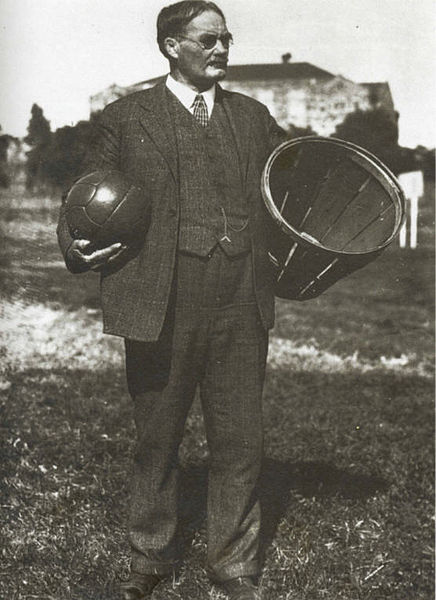David Stern had a great run as NBA Commissioner in the ’80s and most of the ’90s, but he should have been replaced long ago. The record TV ratings that the league experienced last season came about only because players defied his wishes. Stern, somehow the last person to not see how free agency turned baseball from a sport of millions into one of billions as player movement sparked fan excitement and made the game a year-round attraction, has long tried to maneuver the rules to make it much more palatable for NBA stars to spend their whole careers with one team. The fans insisted they wanted this, though it’s not the job of the consumers to know what they want. However gracelessly Lebron brought his talents to South Beach, the superteam concept created a ratings renaissance yet unseen in the post-Jordan era. And that was no thanks to the commissioner. Now even that coup is being threatened because of a needless lockout being spearheaded by Stern and his disingenuous owner poverty campaign.
Over at Grantland, Malcolm Gladwell tears through the commissioner’s lies, explaining how the business of basketball is mostly not about he game itself but the real estate and media deals attached to the sport. In stating his case, Gladwell makes an interesting point about the recent history of American wealth disparity. An excerpt:
“One of the great forgotten facts about the United States is that not very long ago the wealthy weren’t all that wealthy. Up until the 1960s, the gap between rich and poor in the United States was relatively narrow. In fact, in that era marginal tax rates in the highest income bracket were in excess of 90 percent. For every dollar you made above $250,000, you gave the government 90 cents. Today — with good reason — we regard tax rates that high as punitive and economically self-defeating. It is worth noting, though, that in the social and political commentary of the 1950s and 1960s there is scant evidence of wealthy people complaining about their situation. They paid their taxes and went about their business. Perhaps they saw the logic of the government’s policy: There was a huge debt from World War II to be paid off, and interstates, public universities, and other public infrastructure projects to be built for the children of the baby boom. Or perhaps they were simply bashful. Wealth, after all, is as often the gift of good fortune as it is of design. For whatever reason, the wealthy of that era could have pushed for a world that more closely conformed to their self-interest and they chose not to. Today the wealthy have no such qualms. We have moved from a country of relative economic equality to a place where the gap between rich and poor is exceeded by only Singapore and Hong Kong. The rich have gone from being grateful for what they have to pushing for everything they can get. They have mastered the arts of whining and predation, without regard to logic or shame. In the end, this is the lesson of the NBA lockout. A man buys a basketball team as insurance on a real estate project, flips the franchise to a Russian billionaire when he wins the deal, and then — as both parties happily count their winnings — what lesson are we asked to draw? The players are greedy.”
••••••••••
Pistol Pete plays H-O-R-S-E, 1977:

